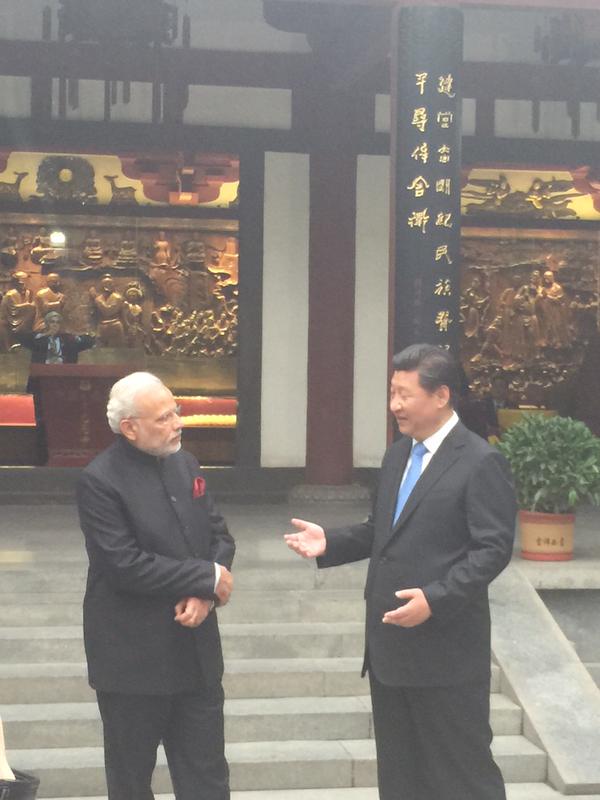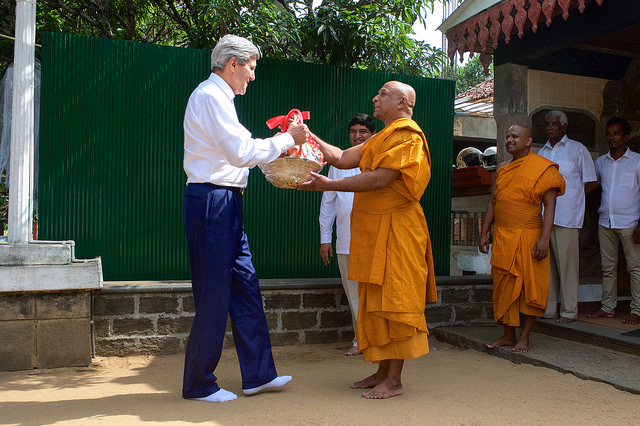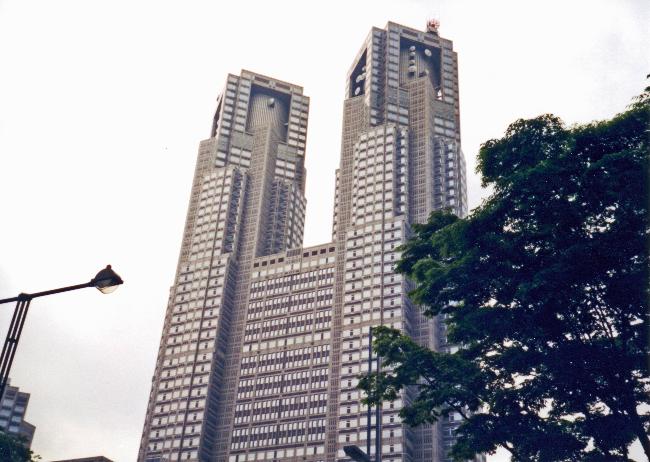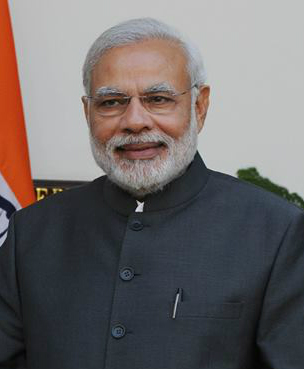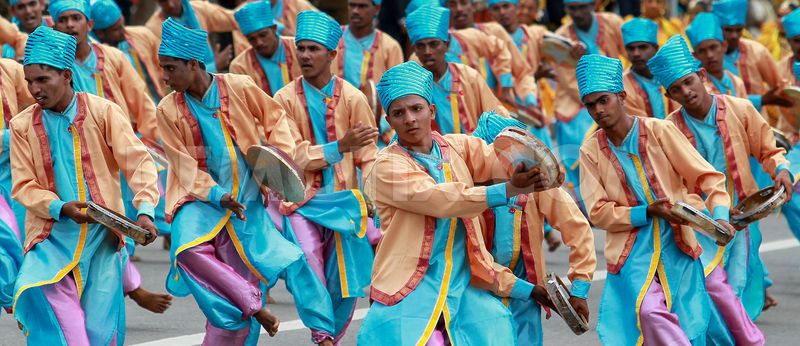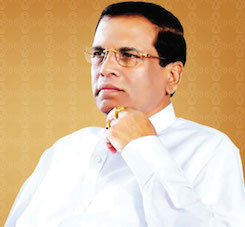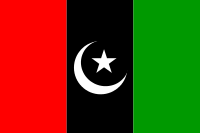By Kalinga Seneviratne* | IDN-InDepthNews Analysis
NEW DELHI (IDN) – When Indian Prime Minister Narendra Modi arrived on May 14 in the historic city of Xian, at the start of his three-day visit to China, he was almost immediately taken by Chinese President Xi Jinping to the Wild Goose Pagoda that symbolise the two countries’ umbilical cultural ties, thus setting the tone for the important visit. Xian is where the ancient Silk Route began.
This Buddhist temple which is today a major tourist attraction in China, and where the Chinese Buddhist scholar monk Xuanzang spent many years of his later life translating some 35 volumes of Buddhist scriptures into Chinese that he collected during 16 years he spent at Nalanda University in India in the 7th century. It is these volumes that helped to spread Buddhism across much of East Asia and later helped Indian scholars to find out about Nalanda University after Muslim Turkic invaders burned Nalanda into ashes in the 12th century.
Thus these two-way civilizational exchanges are significant milestones as Asia’s two leading civilizations led by two visionary leaders embark on building a new economic and cultural relationship that could transform the world.

